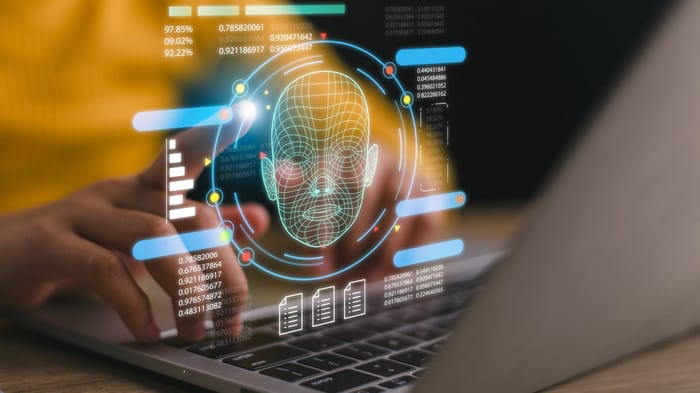FBI Names Cyber Division Chief
Gordon Snow has experience working on counterterrorism and cybercrimes in Silicon Valley and led the effort to draft a government-wide Cyber Counterintelligence Plan.
April 26, 2010

The FBI has a new chief responsible for leading the agency's efforts to detect and prevent cyberattacks on U.S. critical infrastructure.
Gordon M. Snow is now assistant director of the FBI's Cyber Division, replacing Shawn Henry, who left the post in January to lead the FBI's Washington Field Office.
Snow most recently was deputy assistant director of the Cyber Division. He has been with the FBI for more than 18 years, starting out as a special agent in Alabama in 1992.
Snow gained significant cybersecurity experience in 2006 as an assistant special agent working in Silicon Valley. At San Francisco Division's San Jose Resident Agency, he was responsible for the counterterrorism, cyber, white-collar crime and violent crime squads.
After a brief stint in Afghanistan the next year, Snow returned to the U.S. and was appointed section chief in the Cyber Division in January 2008. In that role, he led the effort to draft a government-wide Cyber Counterintelligence Plan.
The following year, he was appointed as chief of the Cyber Division's Cyber National Security Section and the director of the National Cyber Investigative Joint Task Force. Later that year, he was promoted to deputy director of the division.
The White House is bolstering cybersecurity efforts across the administration, especially in agencies charged with protecting the U.S. against terrorism and criminal activity at home and abroad, such as the FBI, the National Security Agency and the Department of Homeland Security.
There is evidence to support the ramp up. In recent testimony during his nomination to lead the U.S. military effort against cyber warfare, Lt. General Keith Alexander said the Department of Defense network alone is hit with hundreds of thousands of probes a day that are attempting to detect vulnerabilities in it to stage an attack.
Moreover, in a recently published report, a group of federal IT pros said they believe a major cyberattack against critical U.S. infrastructure is imminent.
About the Author
You May Also Like
Unleashing AI to Assess Cyber Security Risk
Nov 12, 2024Securing Tomorrow, Today: How to Navigate Zero Trust
Nov 13, 2024The State of Attack Surface Management (ASM), Featuring Forrester
Nov 15, 2024Applying the Principle of Least Privilege to the Cloud
Nov 18, 2024The Right Way to Use Artificial Intelligence and Machine Learning in Incident Response
Nov 20, 2024



_Alexander-Yakimov_Alamy.jpg?width=700&auto=webp&quality=80&disable=upscale)
